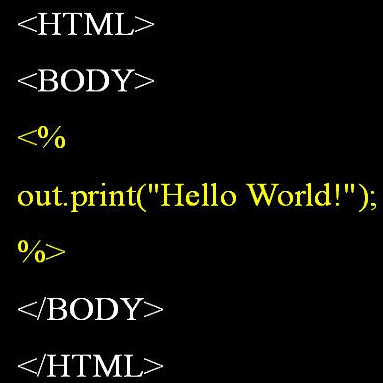Although moral responsibility is not circumscribed by causality, they are both closely intermixed. Furthermore, rationally understanding the evolution of the physical world is inherently linked with the idea of causality. Thus, the decision-making applications based on automated planning inevitably have to deal with causality, especially if they consider imputability aspects or integrate references to ethical norms. The many debates around causation in the last decades have shown how complex this notion is and thus, how difficult is its integration with planning. As a result, much of the work in computational ethics relegates causality to the background, despite the considerations stated above. This paper's contribution is to provide a complete and sound translation into logic programming from an actual causation definition suitable for action languages, this definition is a formalisation of Wright's NESS test. The obtained logic program allows to deal with complex causal relations. In addition to enabling agents to reason about causality, this contribution specifically enables the computational ethics domain to handle situations that were previously out of reach. In a context where ethical considerations in decision-making are increasingly important, advances in computational ethics can greatly benefit the entire AI community.
翻译:暂无翻译




